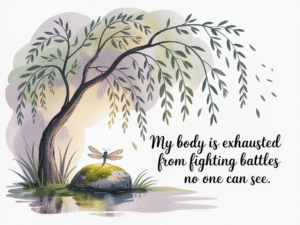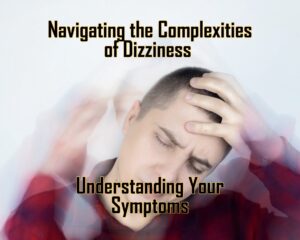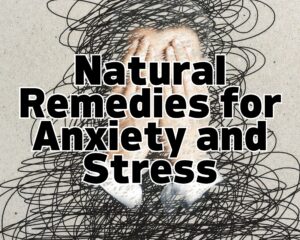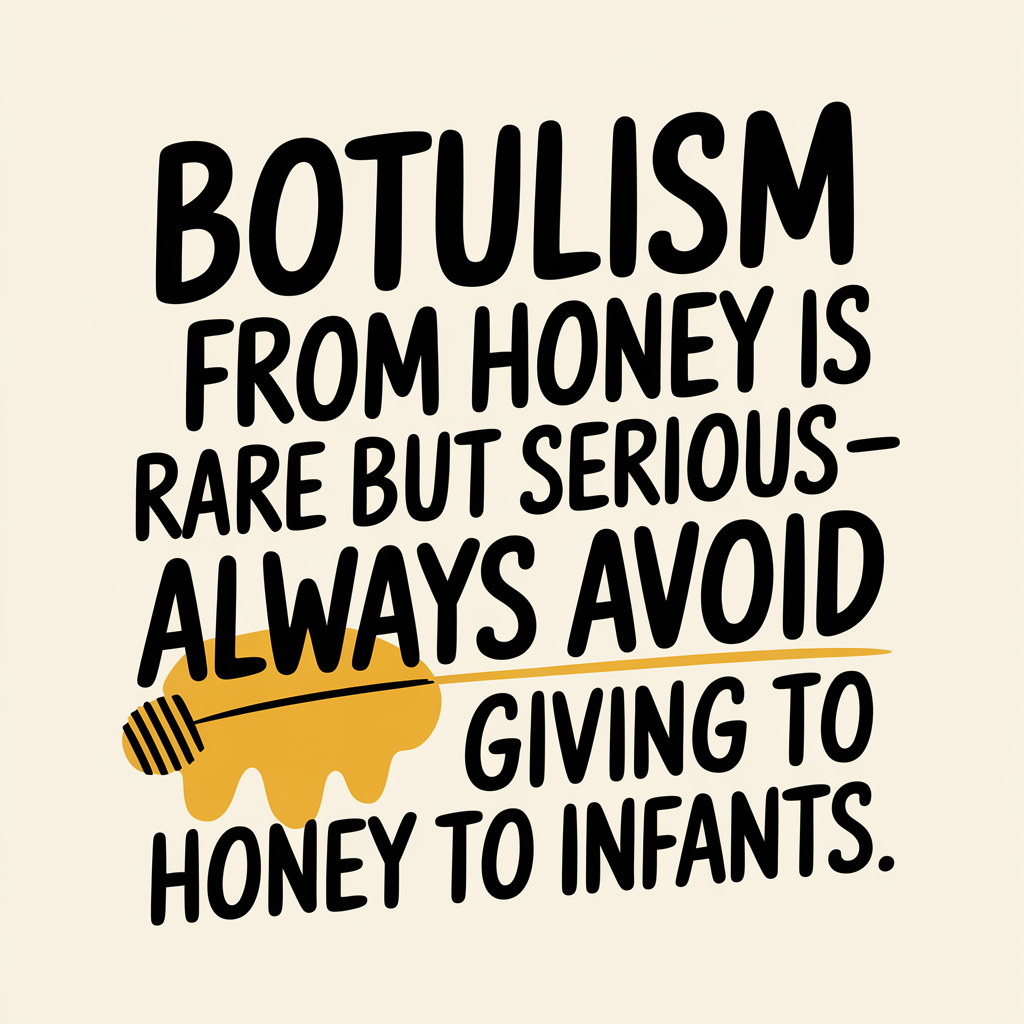
Botulism is a rare but serious illness caused by the bacteria Clostridium botulinum. While the bacteria are naturally present in the environment, they can produce toxins that can be harmful when ingested. In this article, we will explore what botulism is, why honey can be a risk factor for infants, how it affects babies and adults differently, and when it is safe for a baby to consume honey.
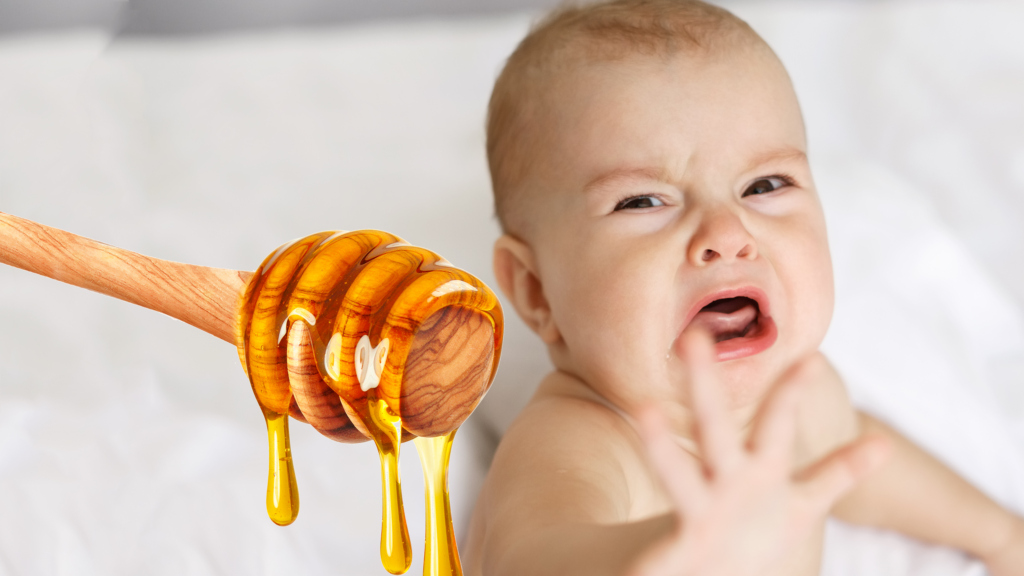
1. Botulism: An Overview
- Understanding Clostridium botulinum: Clostridium botulinum is a bacterium commonly found in soil and untreated water. It can produce spores that release toxins under certain conditions, leading to botulism.
- Types of Botulism: There are different forms of botulism, including foodborne botulism (caused by consuming contaminated food), infant botulism (occurring when infants ingest spores), and wound botulism (resulting from infected wounds).
2. Honey and Infant Botulism
- The Connection with Honey: Honey has been associated with infant botulism cases. Although honey is generally safe for older children and adults, it should not be given to infants under one year of age due to the risk of botulism.
- Spores in Honey: Honey may contain spores of Clostridium botulinum. While these spores are harmless to older children and adults, they can germinate and produce toxins in the immature digestive systems of infants.
3. Botulism in Babies vs. Adults
- Infant Botulism: Babies are susceptible to infant botulism because their digestive systems are still developing, making it easier for the bacteria to colonize and produce toxins. Common symptoms include constipation, weakness, poor feeding, and weak cry.
- Adult Botulism: In adults, botulism is usually caused by consuming contaminated foods. Symptoms may include double vision, difficulty speaking and swallowing, muscle weakness, and paralysis. Prompt medical attention is crucial for both infants and adults.
4. Preventing Botulism in Infants
- Avoiding Honey: To reduce the risk of infant botulism, it is important not to give honey to babies under one year of age. This includes avoiding honey in its pure form, as an ingredient in homemade baby food, or as an additive to other foods.
- Safe Feeding Practices: Practice good hygiene when preparing and handling baby food. Ensure that all utensils, surfaces, and containers are clean and sterilized. Introduce age-appropriate solid foods gradually and follow recommended guidelines.
5. When Can a Baby Have Honey?
- Waiting until One Year: It is generally recommended to wait until a baby is at least one year old before introducing honey. At this age, their digestive system is more developed, reducing the risk of infant botulism.
- Consult with a Pediatrician: If you have any concerns or questions about introducing honey to your baby, it is best to consult with your pediatrician. They can provide personalized advice based on your baby’s individual health and development.
Botulism is a rare but serious illness caused by Clostridium botulinum. Honey should not be given to infants under one year of age due to the risk of infant botulism. The immature digestive systems of babies make them more susceptible to the bacteria and its toxins. It is important to follow safe feeding practices and consult with a pediatrician regarding the appropriate time to introduce honey to your baby. By understanding the risks and taking necessary precautions, parents can help protect their infants from botulism and promote their overall health and well-being.
As an Amazon Associate we earn from qualifying purchases through some links in our articles.

